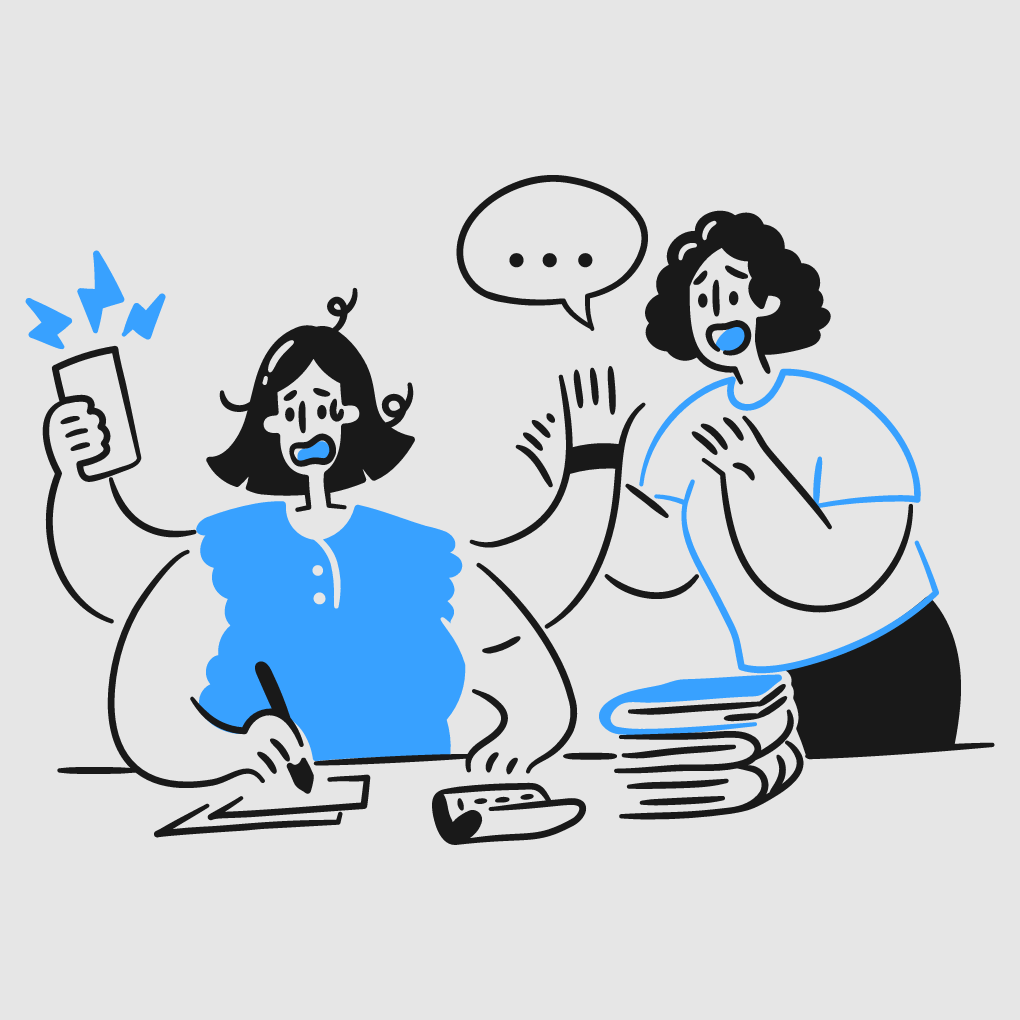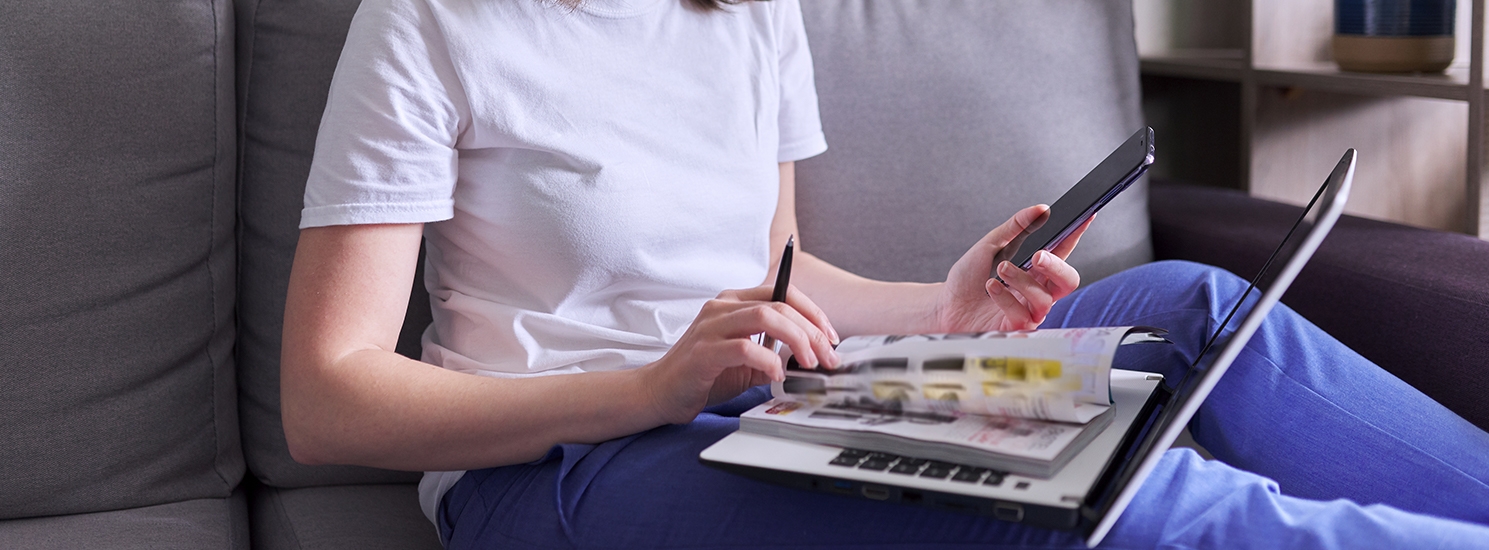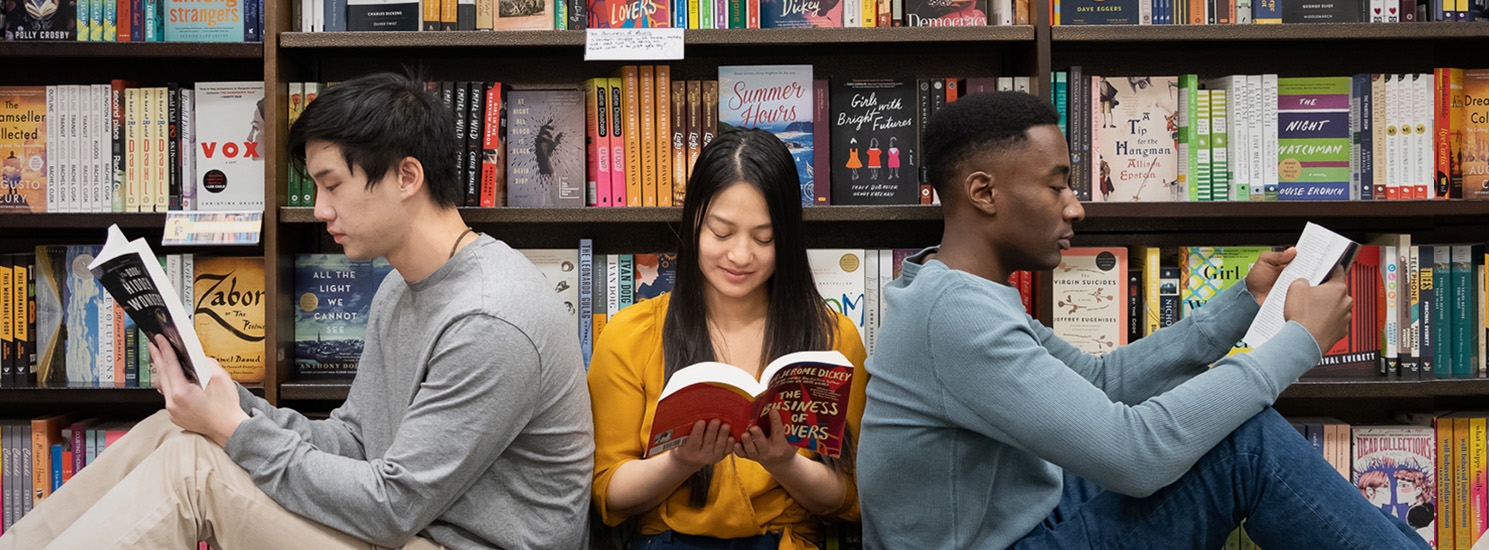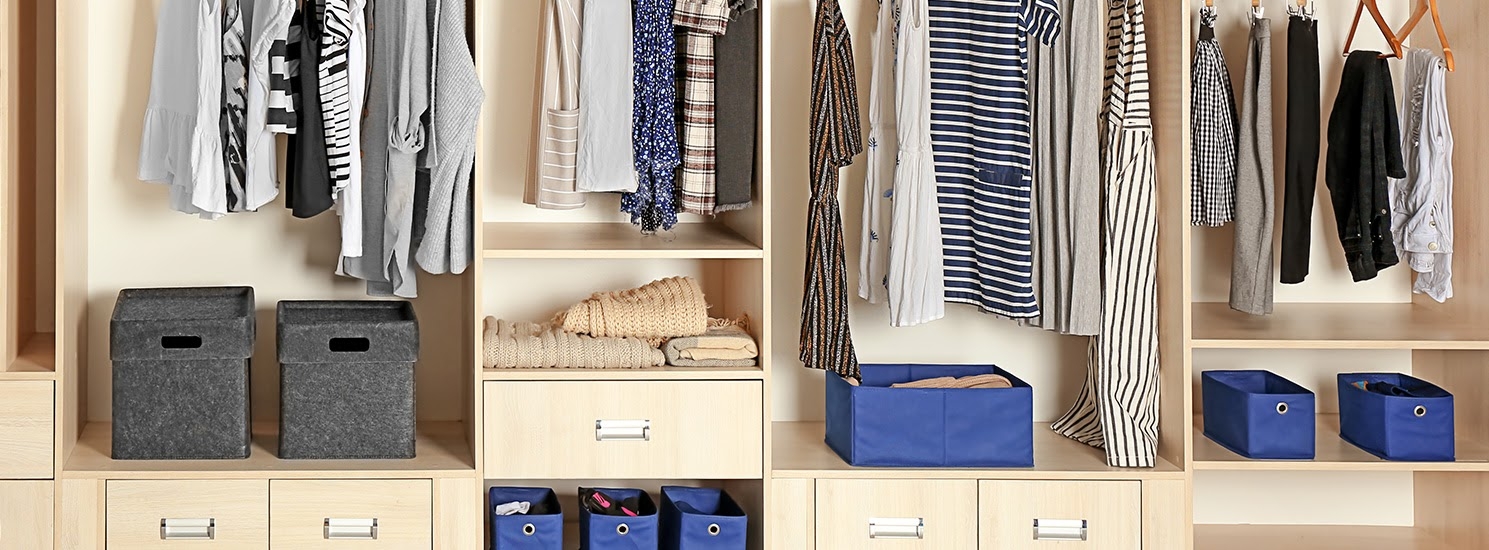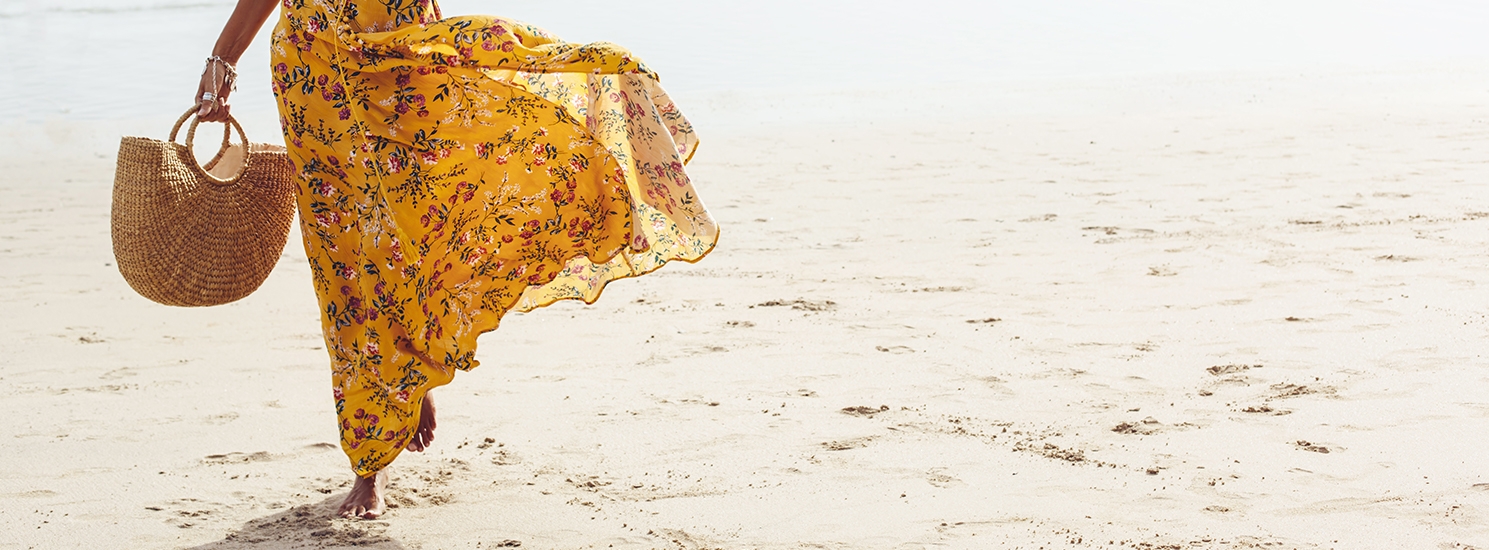Everyone knows the holidays can be super stressful. Harvard Medical School reported that more than 60 percent of us say we are “very” or “somewhat” stressed at this time of year.
But don’t worry! Research points us in many directions that will help us stay chill this holiday season.
What Are the Top Holiday Stressors?
The American Psychological Association (APA) reports that most people experience many positive feelings about the holidays. But the stressful parts are still, well, stressful! The APA says about 60 percent of people say the holidays cause them stress and fatigue.
Time and money were the most common stressors, the APA said. But the pressure of family gatherings, travel, and kids were also listed as sources of stress. (Daycare disruptions are common during the holidays.)
It’s easy to see how these items overlap with each other. The stress of travel also brings about financial and time-related stress, and maybe some stress around managing the kids: “Do we have everything we need?” “Are we going to get to the airport on time or not?”
The report also noted:
- Women are more likely than men to be stressed by the holidays, presumably because women, on average, do more of the work around planning, decorating, shopping and cooking.
- People with lower middle-class incomes are also more likely to be stressed, often citing money pressures around gift-giving.
- People under 30 were the only age group where many reported feeling less stressed. The APA noted that this is an age where many people enjoy time off of school and work, but may not have taken on many holiday planning responsibilities.
4 Holiday Stress Tips
Stress-relievers like Yoga, mindfulness meditation, and tai chi can be awesome … if you’ve already got a routine going. But when you need to destress now, some simpler techniques may be in order. (You can start that new wellness routine in the new year!)
Here are three quick ways to relieve holiday stress.
1. Get More Sleep to Reduce Stress
Yes, you have much to do. But don’t cut back on sleep to get it done. That will only make you more stressed. Research finds that most Americans get less than the recommended 7-9 hours of sleep. Sleep deprivation can make us feel more overwhelmed and irritable, depleting our energy and patience. (And if there’s anything we need during the holidays, it’s energy and patience.)
Insomnia and sleep disorders are real problems. But many of us just don’t prioritize sleep. Instead, we binge-watch holiday baking shows or try to squeeze in our last-minute gift shopping before bed. Although keeping the momentum going past your bedtime may feel productive or enjoyable, losing sleep may ultimately leave you more stressed, so it’s not an effective tradeoff.
Powering down for sleep at a reasonable time is essential, but if you just can’t make that happen, napping may help. One study of nurses found that taking two 15-minute minute naps each day can reduce feelings of anxiety. So if you can find a way to take a quick snooze or two on your work breaks, you’ll be more relaxed.
2. Let Soothing Music Melt Away Your Tension
Studies looking at the effect of music on stress have been somewhat contradictory, maybe in part because there are lots of different kinds of music. But a study of college students in 2007 found that classical or self-selected music did reduce reported levels of tension. (Pro tip: Heavy metal didn’t work, so maybe stick with a tamer playlist at bedtime.) Playing some holiday music during dinner or while putting out decorations might help everyone in the family be more patient with each other!
Bonus: Listening to music before bedtime can also improve your sleep
3. Reducing stress can be as easy as a walk in the park
Lots of research has shown that time spent in forests can reduce your blood pressure and symptoms of depression.
But you don’t have to spend hours hiking in a real wilderness to get the stress-reducing effects of nature. Harvard Medical School reports that spending even 20 minutes in an outdoor green space, like a city park or an undeveloped area near your office, can reduce stress.
If you don’t have a park near your house, look for one where you tend to go shopping or, if you have children, see if you can spend a little time on their school playground after you pick them up. It could be good for both of you!
Focus On Gratitude
The Journal of Alternative and Complimentary Medicine published a study in 2015 that found a simple gratitude exercise outperformed a mindfulness exercise when it came to reducing stress. And practicing gratitude was easier to do!
The gratitude activity involved spending a few minutes three times a week listing things you were thankful for and then reflecting on one of those things for a few moments. While mindfulness did have other benefits, the ease of the gratitude exercise made it especially promising for stress reduction.
As the year draws to a close, it can be a natural time to look back and remember the good things that have come your way in the past twelve months. A busy social schedule can be stressful, but it also may mean you have lots of friends and activities to enjoy. Managing a home? Not easy! But you have a family to share it with. Looking for the bright spots in your life can help you feel more joy as you celebrate the season.
Sources:
- Holiday Stress and the Brain | Harvard Medical School
- Holiday Stress Report FINAL
- The Effect of Yoga on Stress, Anxiety, and Depression in Women – PMC
- Mindfulness meditation: A research-proven way to reduce stress
- Effects of Mind–Body Exercises (Tai Chi/Yoga) on Heart Rate Variability Parameters and Perceived Stress: A Systematic Review with Meta-Analysis of Randomized Controlled Trials
- Stress and sleep
- Sleep Deprivation: Causes, Symptoms, & Treatment
- Effects of Two 15-min Naps on the Subjective Sleepiness, Fatigue and Heart Rate Variability of Night Shift Nurses – PMC
- (PDF) Coping with Stress: The Effectiveness of Different Types of Music
- Music improves sleep quality in students
- Effects of forest bathing on pre-hypertensive and hypertensive adults: a review of the literature – PMC
- A 20-minute nature break reduces stress


